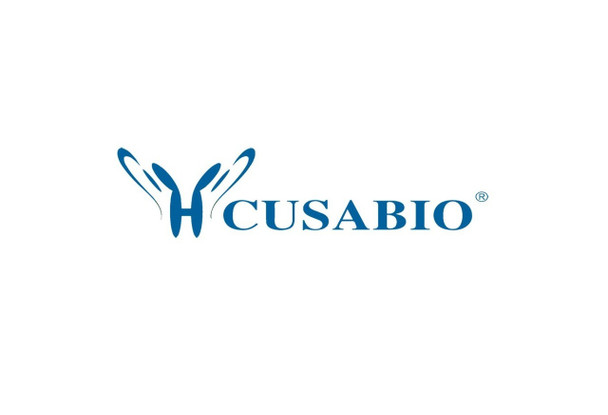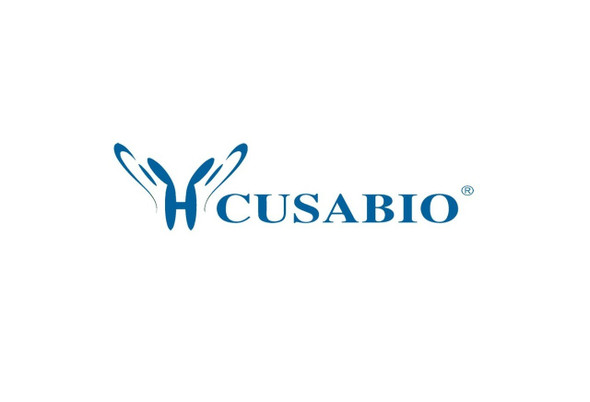Cusabio Polyclonal Antibodies
LGR5 Antibody | CSB-PA012906LA01HU
- SKU:
- CSB-PA012906LA01HU
- Availability:
- 3 to 7 Working Days
Description
LGR5 Antibody | CSB-PA012906LA01HU | Cusabio
LGR5 Antibody is Available at Gentaur Genprice with the fastest delivery.
Online Order Payment is possible or send quotation to info@gentaur.com.
Product Type: Polyclonal Antibody
Target Names: LGR5
Aliases: Leucine-rich repeat-containing G-protein coupled receptor 5 (G-protein coupled receptor 49) (G-protein coupled receptor 67) (G-protein coupled receptor HG38), LGR5, GPR49 GPR67
Background: Receptor for R-spondins that potentiates the canonical Wnt signaling pathway and acts as a stem cell marker of the intestinal epithelium and the hair follicle. Upon binding to R-spondins (RSPO1, RSPO2, RSPO3 or RSPO4), associates with phosphorylated LRP6 and frizzled receptors that are activated by extracellular Wnt receptors, triggering the canonical Wnt signaling pathway to increase expression of target genes. In contrast to classical G-protein coupled receptors, does not activate heterotrimeric G-proteins to transduce the signal. Involved in the development and/or maintenance of the adult intestinal stem cells during postembryonic development.
Isotype: IgG
Conjugate: Non-conjugated
Clonality: Polyclonal
Uniport ID: O75473
Host Species: Rabbit
Species Reactivity: Human
Immunogen: Recombinant Human Leucine-rich repeat-containing G-protein coupled receptor 5 protein (241-352AA)
Immunogen Species: Human
Applications: ELISA, IHC, IF
Tested Applications: ELISA, IHC, IF; Recommended dilution: IHC:1:200-1:500, IF:1:50-1:200
Purification Method: >95%, Protein G purified
Dilution Ratio1: ELISA:1:2000-1:10000
Dilution Ratio2: IHC:1:200-1:500
Dilution Ratio3: IF:1:50-1:200
Dilution Ratio4:
Dilution Ratio5:
Dilution Ratio6:
Buffer: Preservative: 0.03% Proclin 300
Constituents: 50% Glycerol, 0.01M PBS, pH 7.4
Form: Liquid
Storage: Upon receipt, store at -20°C or -80°C. Avoid repeated freeze.
Initial Research Areas: Signal Transduction
Research Areas: Cancer;Signal transduction;Stem cells











